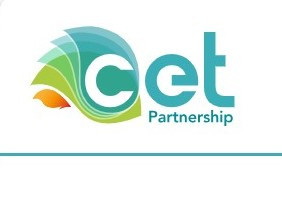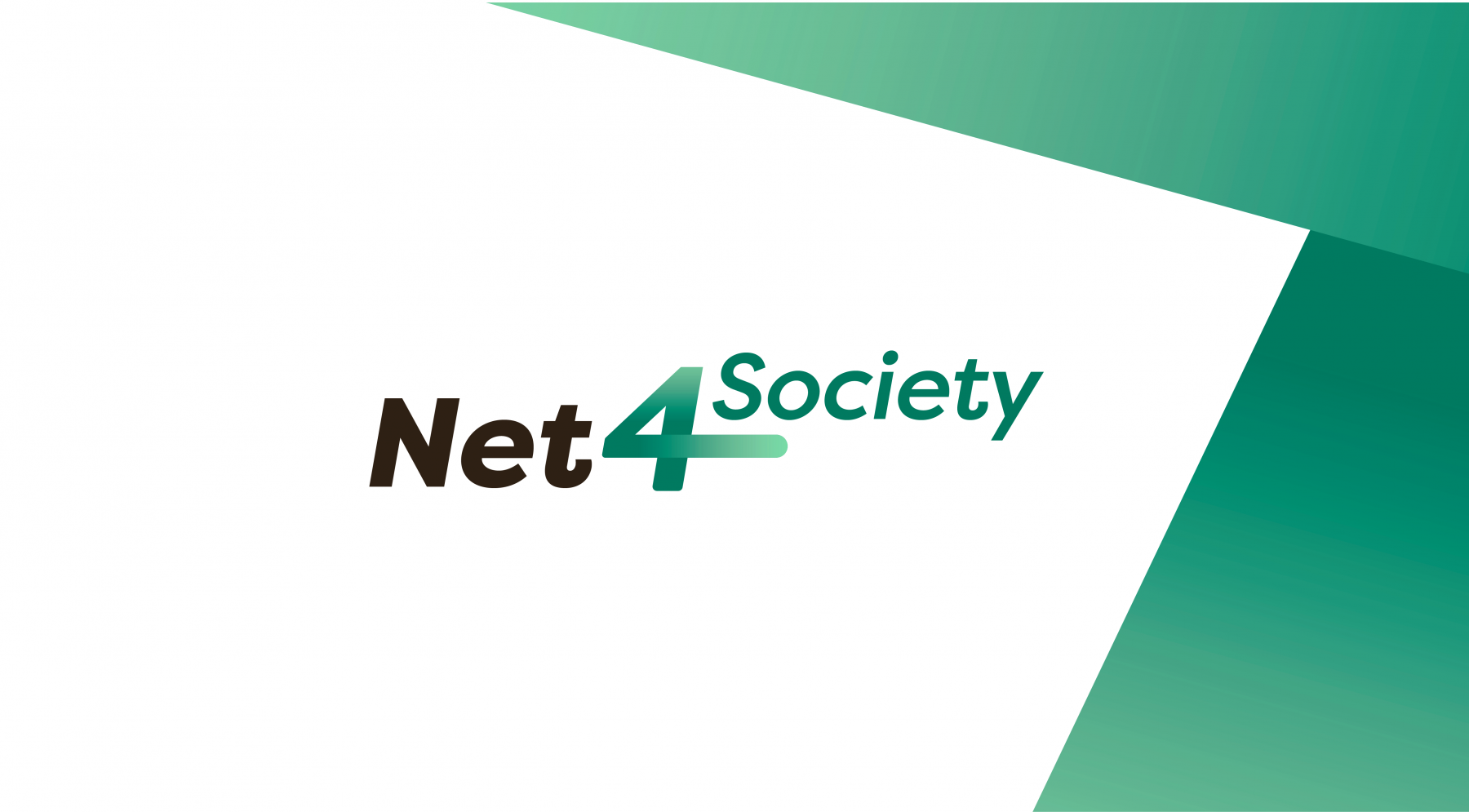Open call with SSH aspects in Clean Energy Transition Partnership

Published on: 24/04/2025
Call title:
CETPartnership Joint Call 2025
Deadline:
Deadline for pre- proposal submission: 9 October 2025, 14:00 CET
Deadline for full- proposal submission: 12 March 2026, 14:00 CET
Weblink:
Short Call Abstract:
The Call aims to select RDI projects which will become part of the CETPartnership6 to accelerate the clean energy transition and to contribute to the goal of climate neutrality by 2050.
This Call consists of 10 Call Modules, addressing different technological and systemic challenges as well as different RDI approaches and thus complementing and completing each other. Call Modules relevant for SSH researchers are listed below.
To complement the technological and systemic challenges with transdisciplinary perspectives, the CETPartnership supports the funded projects in considering cross-cutting dimensions which are listed below:
• Robust transition pathways
• Transition and innovation ecosystems
• Fair, just and democratic transition
• Resource efficiency and circularity
• Regulation and market design
• Digitalisation
CM2025-04 Carbon capture, utilisation and storage (CCUS)
This Call Module aims to contribute to global decarbonisation efforts by accelerating development and im-plementation of carbon capture, utilisation and storage (CCUS) technologies by supporting targeted re-search and innovation activities to reduce costs and implement CCUS at an industrial scale.
The Call Module will support global climate targets and pave way for climate neutrality.
The challenge is to accelerate and mature CCUS technologies, bring down cost, and implement CCUS at industrial scale.
It is also a challenge to develop circular economy strategies to reduce CO2 footprint throughout the CCUS life cycle.
To accelerate the time to market for the CCUS technologies, research and innovation actions require cost-shared participation from the industrial sector, especially from energy intensive and heavy industries, which will benefit strongly from implementing CCUS technologies.
Beside the technological topics mentioned in the call text, project proposals should also address cross cutting topics that might impact industrial deployment of the proposed CCUS technology. Cross cutting topics include regulations and market design, circularity and environmental sustainability, social needs, education, digitalisation, ro-bust transition pathways, Innovation ecosystems, and fair, just and democratic transition.
Applicants are encouraged to also include one or several of the cross-cutting topics listed below:
• Faster scale-up of CCS, CCU or CDR technologies at lower risk (by design, demonstration, development of legal framework, measures to strengthen the innovation system, knowledge sharing from full-scale operations, integration into the energy system, etc.).
• Development of CCS, CCU or CDR market and business case.
• Assessments of risks to the environment and human health throughout the CCS, CCU or CDR life cycle and development of mitigation approaches and strategies.
• Development of circular economy strategies to reduce CO2 footprint throughout the CCS, CCU or CDR life cycle.
• Development of best practices and strategies for educating the public about the benefits and risks of CCS, CCU or CDR.
• Development of strategies for engagement between CCS, CCU or CDR project developers and communities that lead to projects with mutual benefits and social acceptance.
• Development of a robust life-cycle assessment (LCA) and techno-economic analysis (TEA) for full CCS, CCU or CDR value chains and life cycles. Alternatively, development of a more complex sustainability assessment addressing social sciences and humanities (SSH) disciplines
• Development of technologies and approaches for monitoring and managing basin-wide effects and impacts from multiple CCS projects within a basin.
CM2025-05 Hydrogen and renewable fuels
It is the ambition of the Call Module to accelerate the time to market for hydrogen and renewable and advanced fuel technologies, requiring industrial involvement both in research and innovation activities.
This Call Module finances projects on hydrogen66 and renewable fuels, including fuels of non-biological origin68, supporting countries in achieving the decarbonisation goals and in line with SET Plan priorities and new directions to accelerate the clean energy transition.
This Call Module is technology focused but addressing cross-cutting dimensions to ensure sustainability and a better penetration to advance transition, where social acceptance becomes relevant.
The technological as well as the environmental, social and economic challenges are required to accelerate decarbonisation through new and improved ways to increase the shares of hydrogen and renewable fuels in the energy system.
The Societal Readiness Level (SRL) is also relevant to consider when evaluating opportunities for deployment and commercialisation.
Projects are also required to consider one or more of cross-cutting dimensions, such as:
• Consumer attitudes, risk perception and the levers which could influence consumer behaviour
• Life cycle, techno-economic and environmental impact analyses, including mass, water, land and energy consumptions aspects
• Barriers, opportunities, and solutions to scaling up
• System analysis and integration of processes in the energy system, continuity/intermittence
• Infrastructure and distribution aspects, including pipeline reuse and cost competitive materials for pipelines
• Digitalisation as part of the project
All projects must contribute to new knowledge and new competences to increase technological cost-effective and cleaner solutions that provide alternative fuels to substitute fossil fuels, responding to one or more of the challenges addressed in this Call.
SSH aspects:
Sociology, Social psychology and Economics
Specific participation requirements:
The following individuals are ineligible for proposal submission: CETPartnership Governing Board mem-bers, CETPartnership General Assembly members or researchers from the Funding Organisations in the Call. However, legal entities who are able to provide written proof that their organisational structure is completely separated from those of the Funding Organisation participating in the call may under these exceptional circumstances submit their proposal to the Call.
Specific national/regional requirements and guidelines may apply regarding the Project Consortium Partners, see respective national/regional requirements and guidelines in Annex B.
Countries:
Austria, Belgium Wallonia, Canada Alberta, Czech Republic, Denmark, France, Germany, Hungary, Iceland, India, Ireland, Italy, Latvia, Lithuania, Malta, The Netherlands, Norway, Poland, Portugal, Romania, Spain, Sweden, Switzerland, Tunisia, Turkey, USA (TBC) .
More information here.

